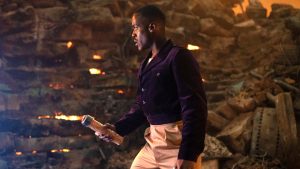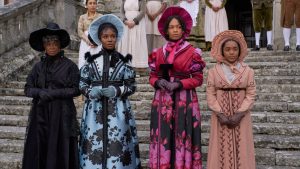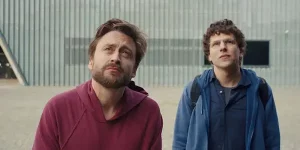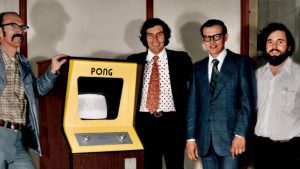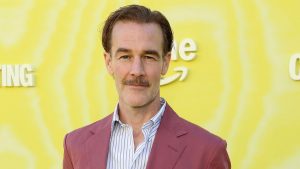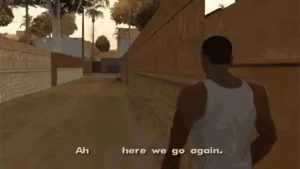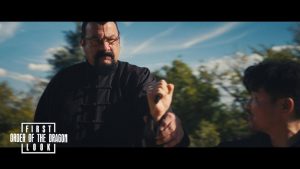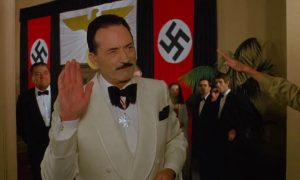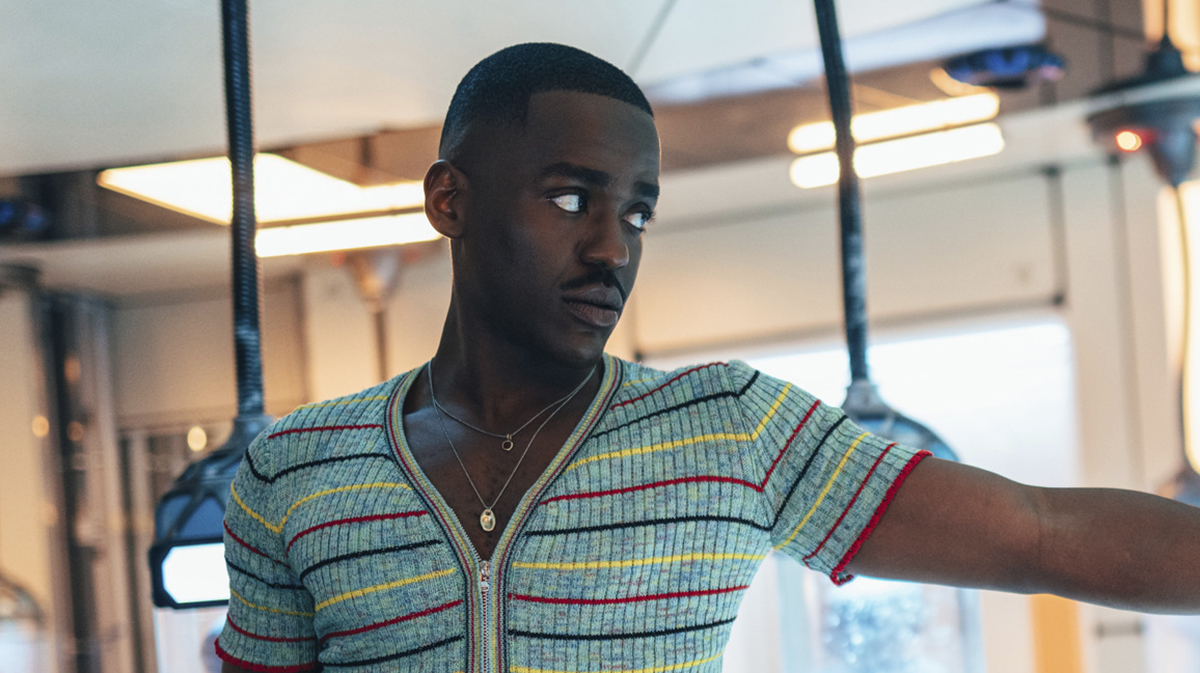
This Doctor Who article contains spoilers.
From 1963 to 2020, the title character of Doctor Who belonged to an alien species from Gallifrey, generally known as Time Lords. Throughout the wibbly-wobbly Who canon, not all Gallifreyans are Time Lords, but all Time Lords were certainly two-hearted Gallifreyans, and the Doctor was always both. That is, until they weren’t. In the 2020 Thirteenth Doctor (Jodie Whittaker) episode “The Timeless Children,” it was revealed that the Doctor was actually the first Time Lord, and that the ability to regenerate was harvested from them, and then integrated into Time Lord culture. Basically, the Doctor was still a Time Lord, but the actual background of the originating species they hailed from, became a retroactive mystery.
And now, in the 2024 Doctor Who “season one” (or series 14, or season 40) the newly bi-generated Fifteenth Doctor (Ncuti Gatwa) is mentioning this new canon a lot. Here’s how Doctor Who is honoring this controversial continuity change, and what it might mean for the future.
Back during the 2023 David Tennant and Catherine Tate specials, the Fourteenth Doctor referenced the idea that he didn’t actually know where he was from, a change from the last time he traveled with Donna as the Tenth Doctor. “Wild Blue Yonder” unpacked a lot of this for the new era of Who, essentially reasserting the idea that the canon created by former showrunner Chris Chibnall would be carried over into the second era of Russell T Davies. Then, the 2023 Christmas special, “The Church on Ruby Road” — the first full episode featuring Ncuti Gatwa’s Fifteenth Doctor — continued this idea with the Doctor stating very clearly, “I was adopted.”
But, now that the new season is underway, it seems that the mysterious retcon of the Doctor’s origin isn’t being pushed to the background at all. If anything, the new episodes are bringing it up even more! In “Space Babies,” right off the bat, the Doctor makes note of the connections between events: Ruby is an orphan, the Doctor was an orphan, and all the space babies in “Space Babies” are orphans. Why are the Doctor’s new adventures already showing him echoes of his mysterious past?
In “The Devil’s Chord,” Maestro seems to know a lot about the Doctor, and even plays the Doctor Who-theme as in-universe diegetic music. They refer to the Doctor as “timey-wimey,” implying some knowledge of the Tenth or Eleventh Doctor’s use of that phrase, and also drop tantalizing hints about “The Oldest One” and “The One Who Waits.”
While it’s not a foregone conclusion that these mysterious characters will be tied to the Doctor’s background as “the Timeless Child,” it’s also very possible that’s exactly where some of this is leading. In a recent interview with Doctor Who Magazine, Davies said this of the Doctor’s new-ish status as a mysterious space orphan with several hidden lives: “That storyline’s a gift handed to me by Chris Chibnall, and it’s an honor to take it on from him…There’s so much story in it! We’re dealing with it in what we’re shooting now for Season 2.”
So, while Doctor Who will likely continue to make references to the idea that the Doctor is an orphan in the new season one, it also sounds like the “Timeless Child” canon will continue to unspool well into season two. For some fans this might be frustrating. As epic as the season 12 finale was back in 2020, nearly everything we’ve ever assumed about the Doctor was changed. And now, it seems, the new era will continue to change it further.
Then again, the revelations in “The Timeless Children,” did help explain the wonky continuity of “The Brain of Morbius,” in which the Fourth Doctor (Tom Baker) was revealed to have several faces which predated William Hartnell’s Doctor. Essentially, “The Timeless Children” took the 12-regenerations rule from “The Deadly Assassin,” and the mystery Morbius Doctors from “The Brain of Morbius,” and said yes, these are both canon.
In “Space Babies,” in explaining his background, the Fifteenth Doctor tells Ruby that the Time Lords “were posh, they used titles like the Doctor, or the Bishop or the Rani, or the Conquistador.” We’ve heard of the Rani, but, on the TV show at least, not the Bishop and the Conquistador. Because the Doctor’s past lives — the ones from before the First Doctor — are still in play, we could be getting hints about that hidden era through these brief asides.
Either way, throughout the new season of Doctor Who, and well into the next, the controversial canon shifts from the previous era of the show will endure. And if some fans don’t like it, it won’t matter. As several Doctors have pointed out “change” comes to the series all the time, and the thing about some changes is that those changes lead to even more…changes.
Doctor Who airs on BBC One and iPlayer in the UK and on Disney+ in the US and around the world.
The post Doctor Who’s Rebooted “Season One” Is Doubling Down on Its Most Controversial Canon appeared first on Den of Geek.
